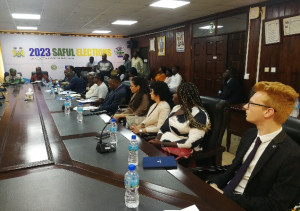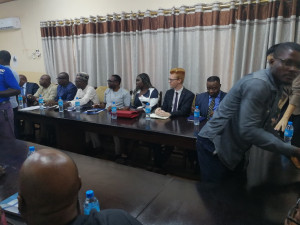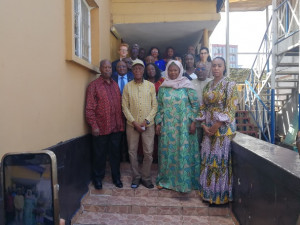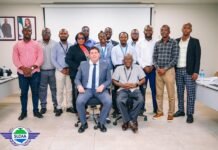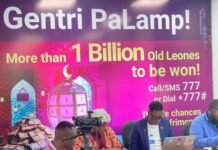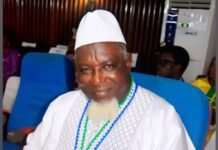By Alvin Lansana Kargbo
The International Moral Guarantors convened a meeting with the Political Parties Registration Commission (PPRC) and political parties at the Electoral Commission for Sierra Leone (ECSL) Conference Room on Tower Hill in Freetown, to assess the progress of the unity agreement signed over a year ago. The meeting, held on Wednesday, October 16, 2024, brought together representatives from ECOWAS, the African Union (AU), the United Nations (UN) through UNOAS and the Commonwealth to evaluate the progress and explore ways to expedite the implementation of the agreement before the next election.
The unity agreement, signed on October 18, 2023, established an eight-point plan and over 80 recommendations through a Tripartite Committee. The focus of the current mission is to evaluate the situation and to determine measures to enhance the process of political stabilization in Sierra Leone. Representatives emphasized the importance of open and honest dialogue during the meeting to ensure a comprehensive understanding of the nation’s current status.
Representatives from the political parties raised concerns about the inclusivity of the Tripartite agreement, expressing dissatisfaction that 15 out of 17 registered parties feel excluded from the decision-making process, which has been dominated by the APC and SLPP. They highlighted the need for greater inclusivity to foster a fair and peaceful resolution, emphasizing the negative impact of misinformation on political unity. Concerns were also raised about the limited engagement between the authorities and political parties, with calls for more meaningful dialogue and transparency.
The parties also criticized Recommendation 70, arguing that it undermines Sierra Leone’s constitutional commitment to multi-party democracy, as outlined in the 1991 Constitution. They appealed to the international community to reconsider this recommendation, fearing it could destabilize the political landscape.
Prince Harding, representing the SLPP, stressed the importance of national unity and peace for economic development. He acknowledged the challenges posed by internal and external conflicts and emphasized the need for effective implementation of the peace agreements to attract investment. Highlighting the interconnectedness of peace and economic growth, he urged all parties to prioritize national interests over partisan goals and called for patience in the peace process.
In response, Her Excellency Fatoumata Jallow-Tambajang, former Vice President of The Gambia and co-leader of the international peace mission, underscored the importance of flexibility and consensus in political dialogues. She advocated for the inclusion of diverse perspectives within the political arena and praised the use of dialogue as a means to foster understanding and collaboration. Drawing on experiences from The Gambia, she emphasized the value of strengthening institutional capacities and the need for a collective approach to achieving peace.
The United Nations Special Representative of the Secretary-General (UNSRSG), His Excellency Leonardo Santo Simao, reinforced the need for peace as a foundational principle in political actions. While recognizing differing views on the balance between justice and peace, he highlighted that peace is essential for national stability and progress. He urged patience and a forward-looking approach, encouraging stakeholders to recognize the progress achieved so far despite ongoing challenges.
The Executive Secretary of the Independent Commission for Peace and National Cohesion, Hawa Samai, reiterated her organization’s commitment to supporting the peace process. She emphasized the importance of proactive communication and collaboration among stakeholders, encouraging continued efforts to address concerns through dialogue. She assured the audience that their voices are being heard and emphasized the Commission’s ongoing support.
As the meeting concluded, participants reaffirmed their commitment to working towards a peaceful and stable Sierra Leone. The international partners pledged their continued support, emphasizing the need for collective action and perseverance in the journey towards a more unified and stable nation.
